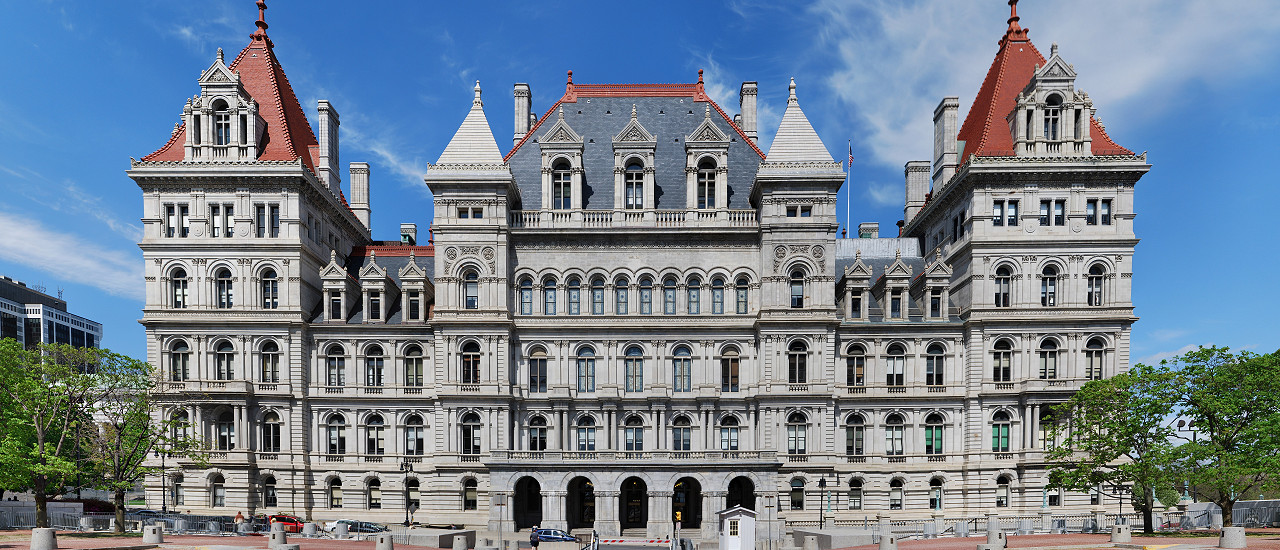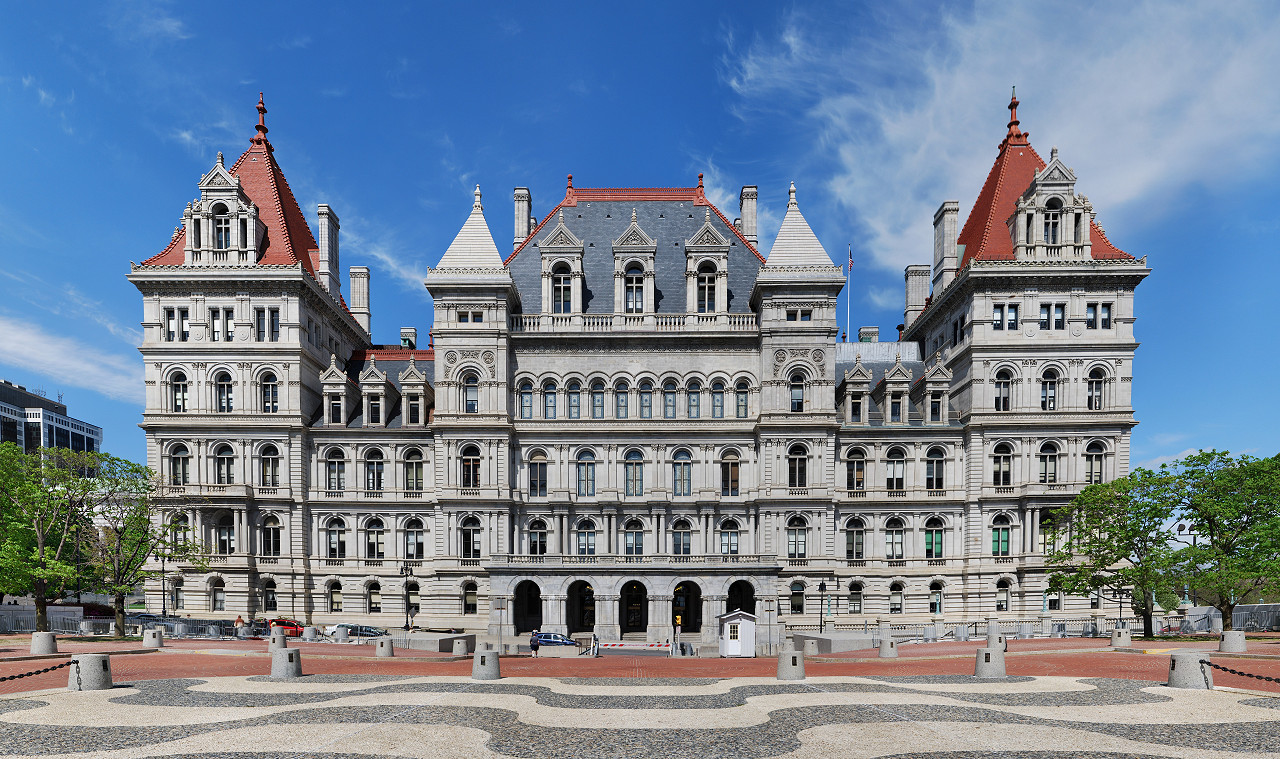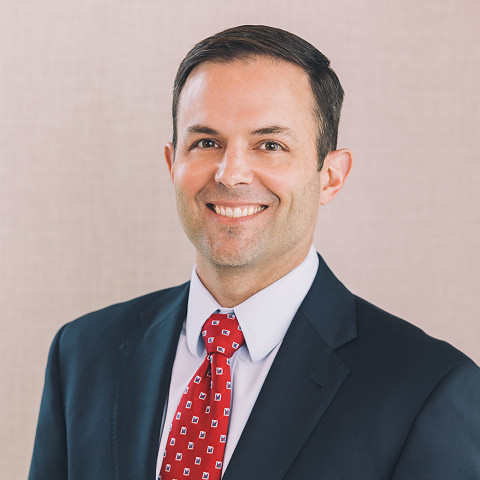
Changes to New York’s Rebate Programs
Since just last year, there have been several changes in how New York operates the Medicaid pharmacy benefit. The most prominent example is the completion of the state’s pharmacy benefit carve-out from Medicaid managed care organization responsibilities on April 1, 2023. Having weathered that event, the focus of this post is the evolution of the supplemental rebate programs that New York enforces as an individual state (and not part of a purchasing pool). There have been several recent developments at both legislative and operational levels that create additional opportunities for the state to contract for supplemental rebates with manufacturers.
The foundational legislation for New York’s most visible individual state supplemental rebate programs is Public Health Law (PHL) 280 and Social Services Law (SSL) 367-a, which gave rise to the State Drug Cap (SDC) and High-Cost Drug (HCD) programs, respectively. One of the defining characteristics for these programs is that the state does not typically entertain utilization management improvements in negotiations. The state instead seeks to comply with the laws, which essentially direct it to pursue drug discounts via supplemental rebates. However, the state has recently extended supplemental rebate opportunities to manufacturers seeking facilitation of reimbursement. This mainly involves providing pharmacy benefit reimbursement for products usually dispensed through the medical pathway or for products not historically covered as part of the Medicaid pharmacy benefit. The state has consistently declined to include clinical criteria or preferred drug list (PDL) status in all negotiations, though. Manufacturers interested in this opportunity should proactively inquire to the state; this is not an organized outreach from the Department of Health.
The latest change in New York comes through recent legislation. State Senate Bill 8307 (S8307) revised PHL 280, which will result in substantial changes to the SDC program. Since 2017, the state has conducted a complex annual exercise to project whether or not Medicaid drug spending is expected to exceed a “Cap” amount. If drug expenditures were projected to exceed the Medicaid Drug Cap, the next step involved a series of questions used to identify expensive drugs for supplemental rebate negotiations. This description overly simplifies that process, but S8307 renders that process moot. The State Drug Cap has been projected to be pierced only once in the past five state fiscal years for which this process could apply. Going forward, the state will have streamlined guidance to apply and no shortage of product candidates to solicit.
The SDC and HCD programs could previously have been described as companion programs. One (SDC) addressed products already contributing heavily to the state’s overall drug spend and the other (HCD) addressed products new to market that are likely to contribute significantly to the drug spend. These two are now even more aligned. S8307 describes that the former SDC program will now rely on current net cost calculations for products rather than a projection of expenditures. While this may provide a better justification for product selection, the pool of products will be greatly expanded. Any product that equals or exceeds the 80th percentile in either net cost per prescription or total net spend by product will be considered for supplemental rebate solicitation. Previously, the state only considered products in the 97th percentile or higher.
Manufacturers can expect procedural alignment between the two programs, as well. The HCD program has historically identified target products on at least a semi-annual basis. With no shortage of products meeting the bar for inclusion (>$30,000 WAC per treatment course or per year), manufacturers expect this program’s outreach when launching new products. The former SDC program is now likely to result in regular action as opposed to the sporadic qualification via annual projection. Not only might these solicitations be delivered at the same time, but they will now share the same progression of steps following the state’s initial outreach. S8307 revised the path of the review process to mimic those of the HCD program. For example, an unsuccessful negotiation will now be followed by direction from the state to submit confidential financial information regarding the study and launch of the product in question. Before, the subsequent step was inclusion on the DUR Board agenda for review.
Additional aspects of interest in the new law include 1) removal of the reference to the potential limitation of “prescriber prevails” due to non-compliance with the solicitation and 2) addition of “accelerated approval” drugs as negotiation targets. The first point favors manufacturers by continuing the practice of dispensing medications according to reasonable professional judgment regardless of PDL status. The second point enables the state to solicit products that may not meet the description of “high-cost drugs.”
Starting in the second half of 2024, manufacturers will want to be on alert for the solicitation of supplemental rebates for products meeting the criteria of the HCD program and the former SDC program. The revisions from S8309 give the state additional leeway to select products of interest that meet the financial qualifying criteria.
Please contact us for additional information and explanation on how to respond to New York solicitations.
(Image credit: CC-BY-SA-3.0/Matt H. Wade at Wikipedia)

Demystifying Most Favored Nation Innovation Models
MFN pricing is here, expanding, and increasingly complex. CMS is advancing multiple Innovation Center models that tie U.S. drug prices to international benchmarks across Medicaid and Medicare with implications for rebates, strategy, and market access.

Medicaid Policy in 2025: Key Disruptions & Strategic Implications for 2026
This year brought major disruption to Medicaid and drug pricing policy, reshaping the environment for pharmaceutical manufacturers. This recap highlights the biggest changes and lays out what to expect in 2026.

Celebrating 20 Years in Business
When we started in 2005, our goal was simple: to bring clarity and insight to a complex and ever-changing system. Two decades later, that mission still drives everything we do.

